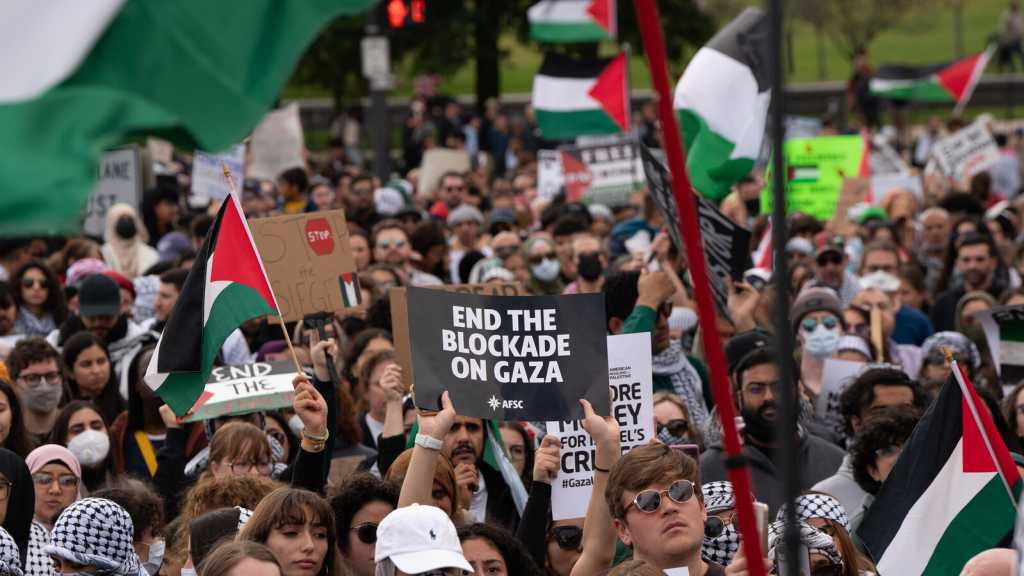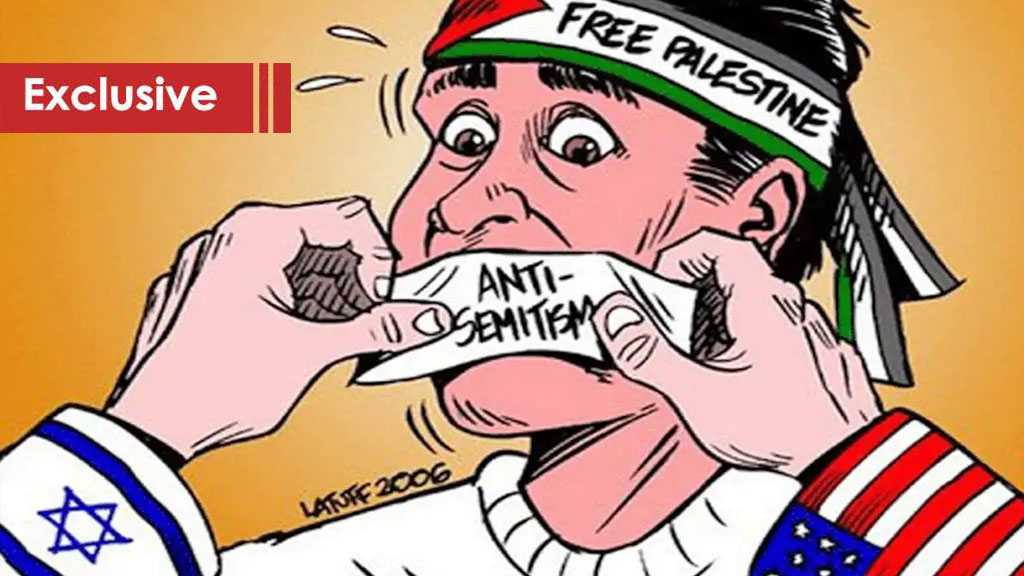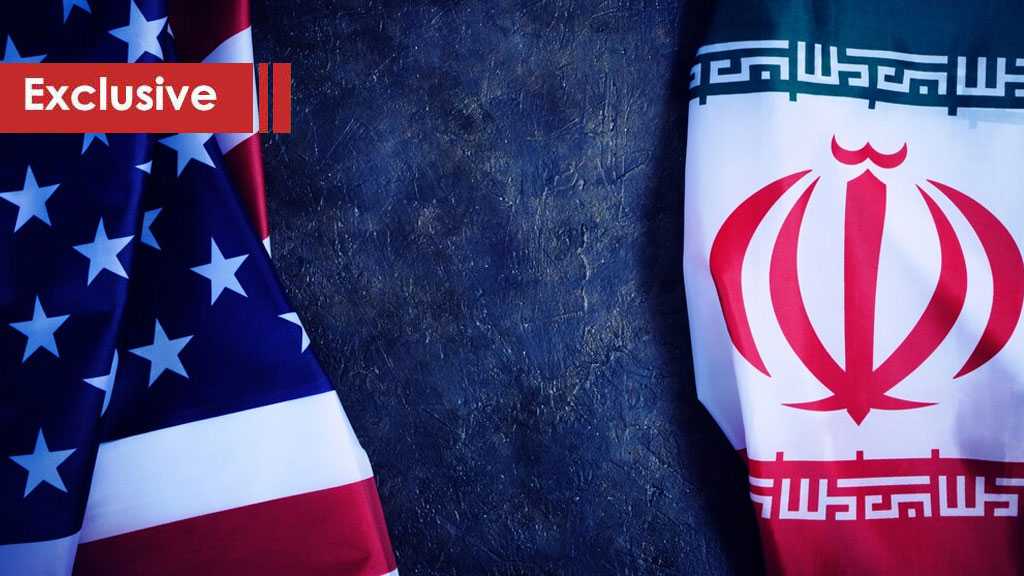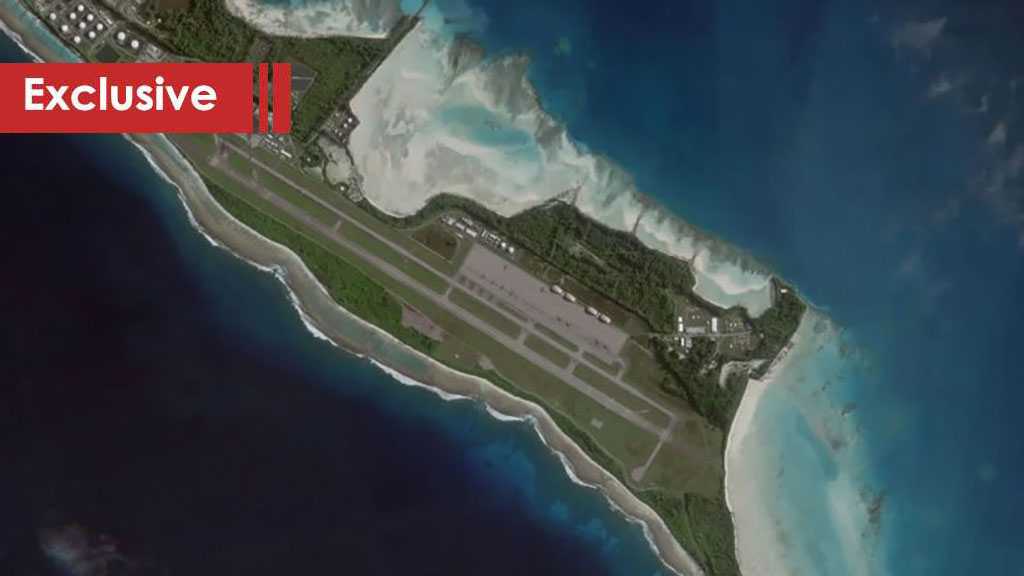
The European Decision: Commotion or Confrontation?
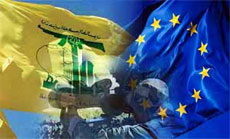
Buthaina Oleik
The European decision in placing Hizbullah's military wing on the terrorist list needs a careful and deliberate reading, considering that this decision comes in either of two options; a mere commotion because of Europe's weakness or a declaration of confrontation with Hizbullah as an extension to the war on Syria.
In the first reading, well-informed sources believed that the decision is only an expression of the European failure in Syria and an attempt to compensate the colossal loss there. This comes especially after bids and agendas on Syria failed and an attempt to please "Israel" after deciding to boycott the Zionist settlements.
The decision is worthless and will not have any worthwhile repercussions, according to the same sources.
As for the second analysis, it believed that the decision, its timing and content is an indication to an open confrontation that Europe and its accomplices want with Hizbullah.
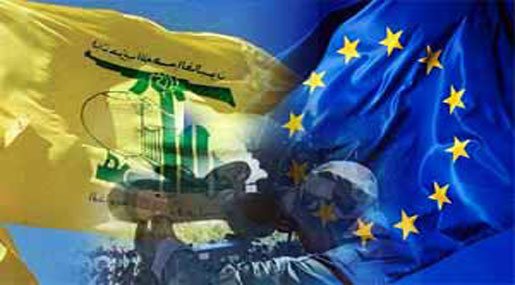
The decision is related to a series of developments, chiefly al-Quseir battle. American and European departments considered what happened in al-Quseir a strategic turnover in the balance of powers in Syria. It is required, then, to punish Hizbullah on several scales:
Domestically: The Future Movement and March 14 take on this mission. The misleading media is being launched on the resistance. There are pressures for a Hizbullah-free government and desperate attempts to isolate Hizbullah and demean its powers internally.
Sources further spoke of a critical European-American cooperation with internal parties. Europeans and Americans dictated their Lebanese allies of the stance they should take.
Moreover, the Future Movement delegation's visit to Saudi Arabia aimed at preparing for the post-EU-decision phase. Sources reiterated that former Prime Minister Saad Hariri is dealing with the matter as a new stage where pressures on Hizbullah increase after suffering a European isolation.
As for Hariri, the European decision is a perfect chance to move a group of files against Hizbullah, including the Special Tribunal for Lebanon. Hariri and his allies weren't alone in knowing this decision in advance; Sources mentioned that the Lebanese President was in on it, too. The steps that he took were an attempt to show him as being in a weak position.
Regionally: One cannot simply isolate the European decision from the visit that Bandar bin Sultan made to France, Britain, and Germany. It is true that the decision was under study for a long while, but sources considered that the fast and hasty pace the Europeans adopted, especially after the tripartite visit, was highly suspicious.
There was a lot of talk about the exceptional efforts that Bandar, who seeks to prove himself, and his role as an heir, did. The Saudi prince, who is in charge with the Iraqi, Syrian, and Lebanese files, is exerting the effort to achieve practical differences in the three areas quickly before August, which is the month where some well-informed sources circulated that it will be the month of compromises.
European-wise: By this decision, Europeans would be preparing for the same policy used with Syrian President Bashar al-Assad; declaring opposition in public, and cooperation secretly. The Europeans are sending security and intelligence officials to President al-Assad, asking him to cooperate regarding the armed Takfiri terrorist groups, while declaring opposition in the media. Europeans want the same attitude with Hizbullah. They are highly aware of their need for Hizbullah in many political files, while they make their famous decision against the military wing.
In case the second analysis is correct, will the decision-makers and their sponsors succeed in their goal? The answer depends on how Hizbullah will react in the common European-Hizbullah fields. What about the UNIFIL, Lebanese stability, and Hizbullah's situation in the government? The next few days will tell.
Source: al-Ahed News, translated by website team
